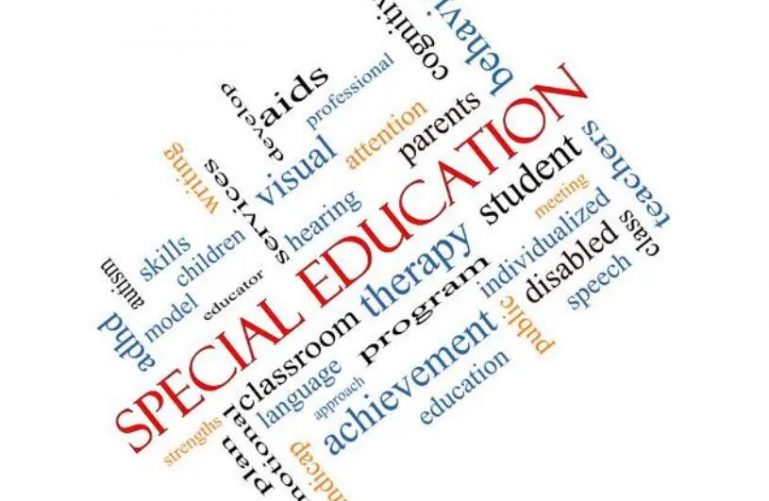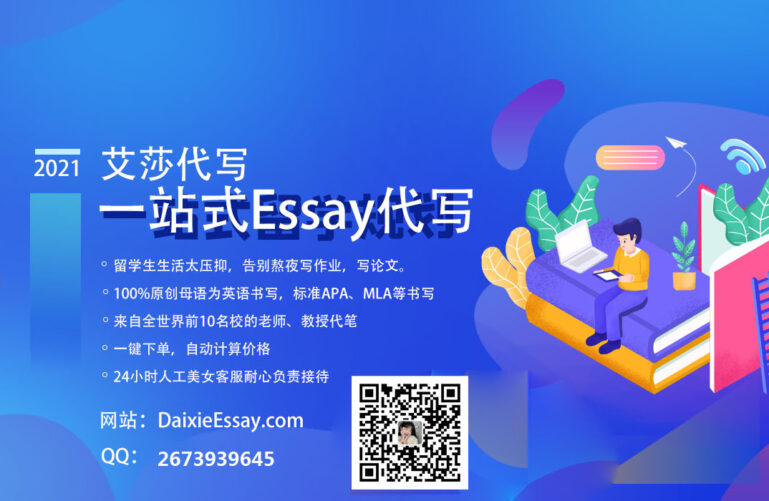Parent Involvement Policy and Special Education
11/15/18
Parent Involvement Policy and Special Education
Special Education代写 As it can be seen from the above case studies, the issue of parental participation in the special education program has ···
Summary
Comparison Special Education代写
As it can be seen from the above case studies, the issue of parental participation in the special education program has been a major problem in the society. Although the implementation of IDEA was intended to address the issue, the problem seems to get worse as the number of disabled people increases in the community. The problem is attributed to, amongst others, the existing skill gap that the parents need to get involved in special education. Burke (2013), citied the main obstacles affecting parental involvement as ineffective program safeguards and little involvement of the parents in the program.
Zaretsky (2004) argues that the major barrier hindering parental involvement is the lack of clear advocacy directives. Parents are not aware of the special education law and procedure. The author still argues that advocates are not competent in the application of the special education laws. According to Burke (2013), parents are included in the IDEA Act since they are involved in almost the entire education process of their disabled students. However, due to the limitation of lack of information, they are not involved in decision making in IPE. Special Education代写
On the other hand, according to Thatcher, cultural and social capitals are the major causes of the lack of parental involvement (Leiter, & Krauss, 2004). The relationship between the parents, educators and the law enforcers does not support parental involvements. All, the same it would be correct to argue that despite the fact that parents assume a primary role in the provision and enforcement of special education there are various factors limiting them.
Analysis Special Education代写
Based on the evidence brought out in the above case studies, it would be correct to argue that the government is not involved in the application of IDEA totally. Although legislators implemented the Act four decades ago, they did not elaborate clearly on how the objectives of the Act were being achieved (Thatcher, 2012). This is evident from the finding in Linda’s case study, whereby she observes that both parents and law enforcers are not well informed on the requirements of the special education program law.
Similarly, reluctance in parental involvement shows that parents are not equipped with the right knowledge; hence, they are incapable of taking up their position in the special education process Foe example, they cannot be able to participate in the assessment of their disabled child because they do not the requisite skills to undestand the process. Still, on this perspective, since this Act was implemented almost four decades ago, it means that some of the requirements in the Act are not applicable in the current situation. The number of disabled students at the time of the creation of the Act was low. Currently, almost 10% of the students have different disabilities (Leiter, & Krauss, 2004).

Therefore, the government should intervene and adjust the IDEA Act according to the needs of the society. Such changes should reflect the new development in information technology, social changes, and as well as other technlogical shifts. In this case, the needs of the society include educating parents on the requirements of the Act. The relationship between the concerned stakeholders should also be enhanced. It is evident from the above case studies that the relationship between the parents, educators and law enforcers does not support collaboration.
Conclusion Special Education代写
It would be correct to argue that parental involvement in the provision of the special education program is significant. However, since parents are not well educated on the requirements of the special education process, their involvement is limited. In most cases, parents of disabled students do not play an active role in the decision making of their children. They do not contribute much to the analysis of their kids’ performance. It has also been noted that advocates are not well informed on the applications of the special education law. This gap leaves parents in the dark end of addressing the issue; hence, their little involvement.
References Special Education代写
Bilal A., D. (2015). The Impact of Parent Involvement Practices in Special Education Programs. Culminating Projects in Education Administration and Leadership. Retrieved from https://repository.stcloudstate.edu/cgi/viewcontent.cgi?referer=https://www.google.com/&httpsredir=1&article=1010&context=edad_etds
Burke, M. M. (2013). Improving parental involvement: Training special education advocates. Journal of Disability Policy Studies, 23(4), 225. doi:http://dx.doi.org/10.1177/1044207311424910
Leiter, V., & Krauss, M. W. (2004). Claims, barriers, and satisfaction: Parents’ requests for additional special education services. Journal of Disability Policy Studies, 15(3), 135-146. doi:http://dx.doi.org/10.1177/10442073040150030201
Thatcher, S., B., (2012). Increasing Parental Involvement of Special Education Students: The Creation of Smartphone-Friendly, Legal and Procedural Resources. All Graduate Plan B and other Reports 147. Retrieved from https://digitalcommons.usu.edu/gradreports/147
Zaretsky, L. (2004). Advocacy and administration: From conflict to collaboration. Journal of Educational Administration, 42(2), 270-286. Retrieved from https://search.proquest.com/docview/220448406?accountid=45049
Hess, E. (2004). Challenges of Families Raising a Special Needs Child | Center for the Developing Mind. Retrieved from http://www.centerforthedevelopingmind.com/challenges_of_families
LaRocque, M., Kleiman, I., & Darling, S. (2011). Parental Involvement: The Missing Link in School Achievement. Preventing School Failure: Alternative Education For Children And Youth, 55(3), 115-122. doi: 10.1080/10459880903472876
Vaughn, S., & Wanzek, J. (2014). Intensive interventions in reading for students with reading disabilities: Meaningful impacts. Learning Disabilities Research & Practice, 29(2), 46-53.
IDEA.(2004). Regulations: Subpart E – Procedural Safeguards,http://www.wrightslaw.com/idea/law/idea.regs.subparte.pdf
Bousted, M. (2009). Mary Bousted: Don’t blame teachers when it’s parents who are failing. Retrieved from https://www.theguardian.com/commentisfree/2009/apr/05/children-social-skills-parenting
Wogqoyi, M. N. (2012). Knowledge, attitudes and practices of parents/guardians of children with disabilities on abuse of children with disabilities, in the Willowvale area, Eastern Cape Province, South Africa (Doctoral dissertation, Stellenbosch: Stellenbosch University).



